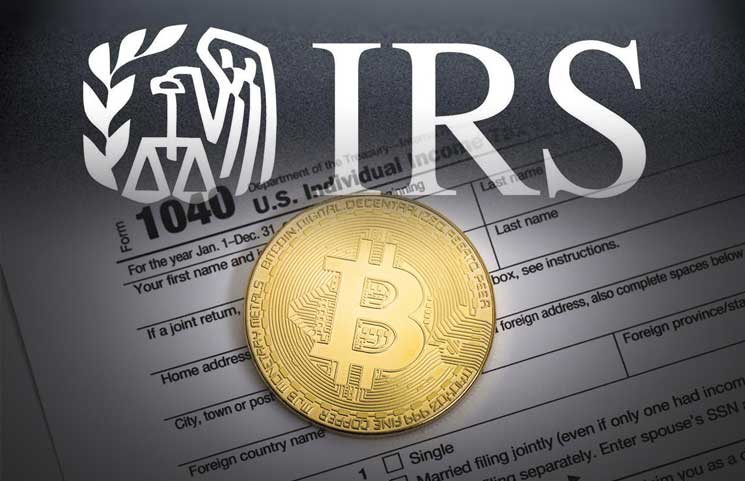The IRS is very serious about getting its share of profits on virtual currency transactions and it has just posted another reminder to taxpayers about it. In a new press release, the IRS reminds taxpayers that there is a virtual currency question at the top of Form 1040, Form 1040-SR, and Form 1040-NR. It asks: “At any time during 2021, did you receive, sell, exchange, or otherwise dispose of any financial interest in any virtual currency?”
All taxpayers filing Form 1040, Form 1040-SR, or Form 1040-NR must check one box answering either “Yes” or “No” to the virtual currency question. The question must be answered by all taxpayers, not just taxpayers who engaged in a transaction involving virtual currency in 2021.
Taxpayers who merely owned virtual currency at any time in 2021 can check the “No” box when they have not engaged in any transactions involving virtual currency during the year, or their activities were limited to:
- Holding virtual currency in their own wallet or account.
- Transferring virtual currency between their own wallets or accounts.
- Purchasing virtual currency using real currency, including purchases using real currency electronic platforms such as PayPal and Venmo.
- Engaging in a combination of holding, transferring, or purchasing virtual currency as described above.
The list below covers the most common transactions in virtual currency that require checking the “Yes” box:
- The receipt of virtual currency as payment for goods or services provided;
- The receipt or transfer of virtual currency for free (without providing any consideration) that does not qualify as a bona fide gift;
- The receipt of new virtual currency as a result of mining and staking activities;
- The receipt of virtual currency as a result of a hard fork;
- An exchange of virtual currency for property, goods, or services;
- An exchange/trade of virtual currency for another virtual currency;
- A sale of virtual currency; and
- Any other disposition of a financial interest in virtual currency.
- If a taxpayer disposed of any virtual currency that was held as a capital asset through a sale, exchange or transfer, they must check “Yes” and use Form 8949 to figure their capital gain or loss and report it on Schedule D (Form 1040).
If a taxpayer received any virtual currency as compensation for services or disposed of any virtual currency that they held for sale to customers in a trade or business, they must report the income as they would report other income of the same type (for example, W-2 wages on Form 1040, 1040-SR, or 1040-NR, line 1, or inventory or services from Schedule C on Schedule 1).
You might have a situation similar to mine. In 2021 a company gave me $5 of Bitcoin as part of a promotion to get my email address. According to the IRS, I have to check “yes” on my 1040 because of that promotion. I haven’t sold the Bitcoin which, the last time I checked, was worth about $4. Since I still hold the Bitcoin I don’t have a transaction to report. Taking a free offer gets complicated these days.
Now here’s something simple. You can Call Legal Tax Defense to speak with a tax attorney for a free consultation about your tax issues. It really is free and there’s no obligation. It’s less complicated than taking $5 of Bitcoin from a company that wants to put you on its mailing list.
Disclaimer: Alan Mendelson is a well-known TV consumer news reporter who reports on tax issues. You should seek professional advice if you have tax questions or issues.





